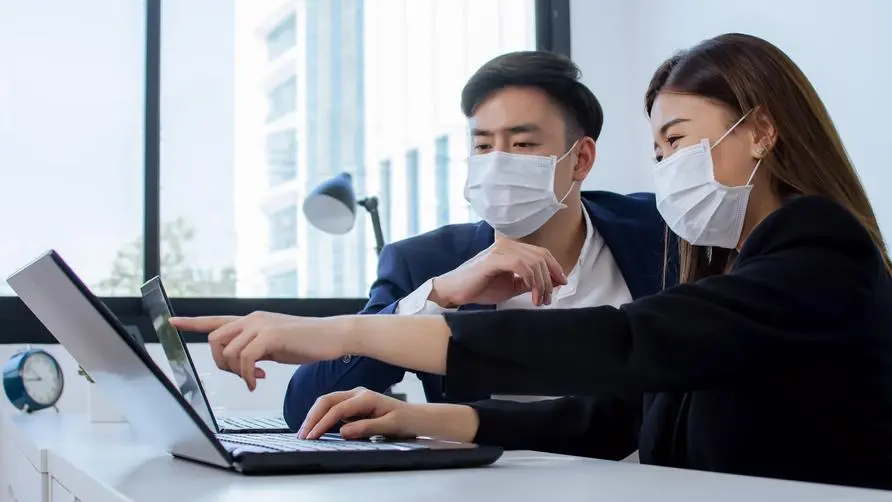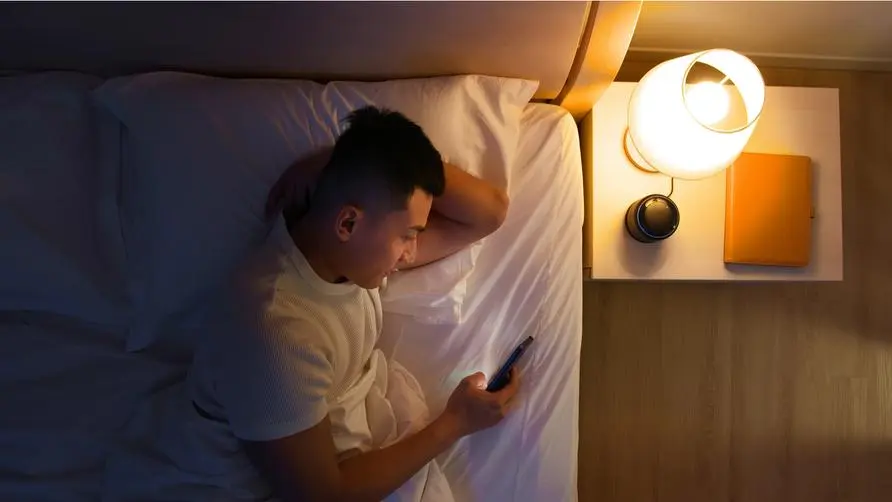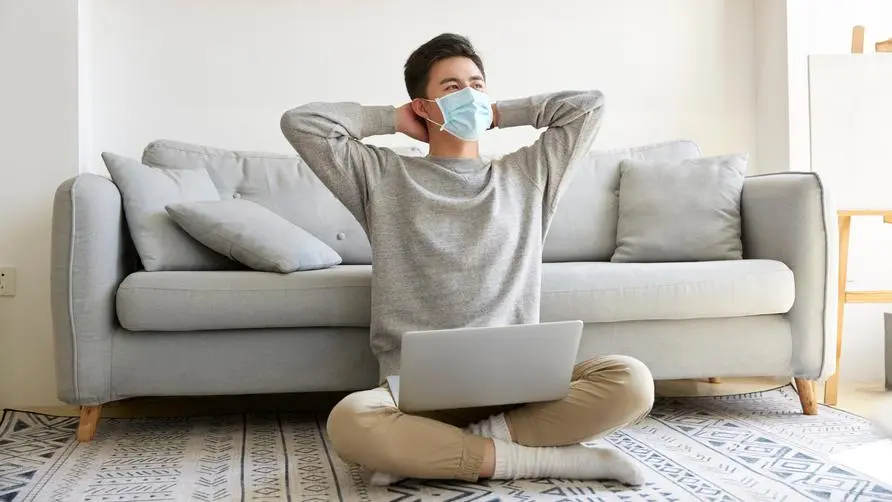Don't want to go back to work? "Office anxiety" occurs during the epidemic, experts offer 4 tips to alleviate it

It has been two years since the COVID-19 epidemic, and workers around the world who are required to “work from home” have returned to work. However, many people are confused and worried about company policies, and are afraid that working in the company may once again face the shadow of COVID-19 diagnosis. . Some people even think that the perfect work-life balance they achieved while working from home will no longer exist when they return to the office.
Even though the work pattern after returning to the company will be different from what it was during the pandemic, workers or employers can still take the following 4 measures to improve workplace safety and reduce anxiety and panic:
1. Clarify your inner thoughts.
Susan Albers, a clinical psychologist at the Cleveland Clinic in the United States, pointed out that when the company requires you to return to work, you can take two approaches to relieve anxiety. First, try to clarify your thoughts and record them in detail. Albers gives an example. Introverts mostly show a “sense of resistance” and “a sense of loss” to such requests, while there is no significant difference among extroverts.
Second, return to work as soon as possible without excessive delay. Recent research shows that workers who return to work more quickly express more optimistic attitudes than workers who do not return to work immediately. Albers believes that “positivity and optimism” significantly affect people’s mood and help reduce anxiety about the unknown.
2. Assess personal risk.
Dr. Leana Wen, a public health professor at George Washington University in the United States, said workers should carefully evaluate their medical conditions, family situations and risk tolerance before returning to the company.
“If everyone in a worker’s household is vaccinated, boosted, and generally healthy, their risk of becoming seriously ill from the coronavirus is extremely low,” Dr. Wen said.
On the contrary, if workers themselves or their family members are immunocompromised, or are elderly people who have suffered from chronic diseases or are frail, their confidence in returning to work may be significantly reduced.
3. Establish a safe environment.
The National Safety Council (NSC) of the United States pointed out in a two-month questionnaire survey through 300 employers and 3,785 workers that if employers need to actively intervene in employee health measures, the overall vaccination rate in the United States will increase by 35%. Additionally, consumers tend to be more willing to enter businesses where vaccinations are common among workers. Therefore, the attitude of enterprises towards epidemic prevention may be a key factor in whether workers are willing to return to work.
4. Share your inner feelings.
Albers said that there have been cases where people who did not want to go back to the office were concerned about whether their colleagues were vaccinated. Workers’ anxiety stems from the fact that “lifestyles will be changed.” They are prone to distrust of others and have no specific person to talk to.
Albers reiterated that no matter what the source of anxiety is, simple things like exercise and social interaction to relieve anxiety can help. It’s also important that people have someone they can talk to, whether it’s a friend, a partner, or a therapist, it’s always helpful to ask for help.
Source:
Further reading:





